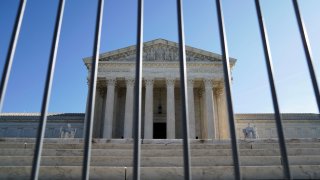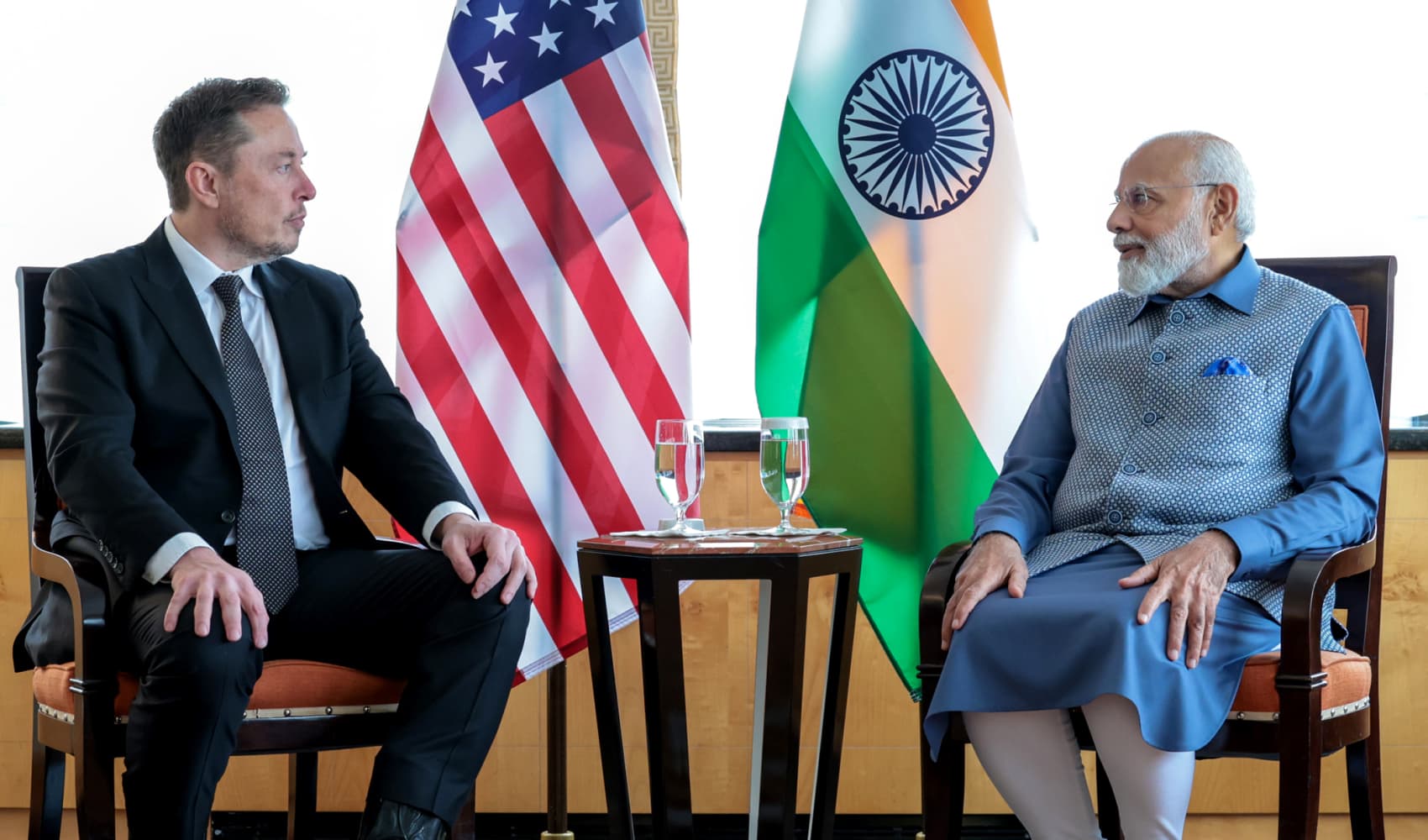
- The Supreme Court ruled in favor of three Muslim men who said they were placed or kept on the government's no-fly list in retaliation for refusing to serve as terrorism informants for the FBI.
- The court wrote in a unanimous opinion that the men may sue individual FBI agents for money damages under a federal law protecting religious exercise.
- Justice Clarence Thomas wrote that the Religious Freedom Restoration Act "permits litigants, when appropriate, to obtain money damages against federal officials in their individual capacities."
The Supreme Court ruled Thursday in favor of three Muslim men who say they were placed or kept on the government's no-fly list in retaliation for refusing to serve as terrorism informants for the Federal Bureau of Investigation.
The court wrote in a unanimous opinion authored by Justice Clarence Thomas that Muhammad Tanvir, Jameel Algibhah and Naveed Shinwari may sue individual FBI agents for money damages under a federal law protecting religious exercise.
Thomas wrote in the brief opinion that the Religious Freedom Restoration Act "permits litigants, when appropriate, to obtain money damages against federal officials in their individual capacities." Justice Amy Coney Barrett, the newest member of the court, did not participate in the case.
The case was one of four decided on Thursday morning, among the first decisions in the current term, which will end over the summer. All of the cases were decided unanimously. The court did not take any action on two Republican challenges before it concerning the 2020 election, including Texas' effort to overturn President Donald Trump's loss in four battleground states.
Tanvir, Algibhah and Shinwari argued at the court that the FBI told them that they could only be removed from the government's no-fly list if they "served as government spies in their religious communities."
The men said they were approached by FBI special agents and pressured to provide information about other Muslims. Each of the men initially answered agents' questions truthfully, their attorney Ramzi Kassem wrote in court papers, but "none wanted to serve as an informant on his Muslim community, in part because to do so violated his religious beliefs."
Money Report
"Rather than accepting that refusal, the FBI agents persisted — in some instances threatening individual Respondents with deportation and arrest and in other instances offering financial incentives and assistance with family members' immigration to the United States," Kassem wrote.
"In each case, the agents relied upon what they assumed would be the irresistible coercion of the No Fly List," he added.
After the three men sued, they were eventually told that they were no longer on the list. They continued to press for financial damages, however, saying that they had been "prohibited from flying, sometimes when they were headed to visit loved ones or to start a new job, or on their way home from a trip abroad, stranding them overseas."
Placement on the secretive no-fly list, which is overseen by the FBI, prevents someone from boarding an aircraft that travels to, from or over the United States. The size of the list has grown dramatically since the Sept. 11, 2001, attacks, and according to some reports includes more than 80,000 names.
The legal question in the case was whether RFRA allows for individuals whose religious exercise was burdened by the government to sue individual government employees for money damages. The law itself says that someone whose rights were violated may "obtain appropriate relief against a government."
A federal district court held that RFRA did not permit such money damages, but the 2nd U.S. Circuit Court of Appeals reversed that decision. The government urged the court to undo the appeals court ruling, arguing that a decision in favor of the Muslim men could unduly burden the ability of federal agencies to function.
Former Solicitor General Noel Francisco, who has since returned to private practice, wrote in a brief that damages "will serve as a powerful incentive for potential plaintiffs to sue federal employees at all levels of decisionmaking, more broadly affecting the government's operations."
"For instance, prison officials are charged with accommodating the religious practices of approximately 180,000 federal inmates, while balancing prisoners' needs against the demands of prison safety and security," Francisco wrote.
Francisco also argued that interpreting RFRA to allow for money damages presented a constitutional separation-of-powers problem.
The top court rejected the government's reasoning. Thomas wrote that if lawmakers believed that it would be a better policy to shield government employees from damages, "Congress is free to do so. But there are no constitutional reasons why we must do so in its stead."
"A damages remedy is not just 'appropriate' relief as viewed through the lens of suits against Government employees," Thomas wrote. "It is also the only form of relief that can remedy some RFRA violations," he added, citing "wasted plane tickets."
After the ruling came down, Kassem, a professor at The City University of New York School of Law, said in a statement that the court "vindicated our clients' courageous stand for their religious freedom as Muslims who would not spy on their own faith community."
"The Court's unanimous decision also sends a clear message to FBI agents who should think twice now before abusing the power to put people on the No-Fly List," he said.
Religious liberty groups cheered the court's decision.
"We're glad the Supreme Court unanimously emphasized that the government can't expect to be let off the hook by simply changing its tune at the last second," said Lori Windham, senior counsel at the nonprofit Becket. "This is a good decision that makes it easier to hold the government accountable when it violates Americans' religious liberties."
The Department of Justice did not respond to a request for comment.
The case is Tanzin v. Tanvir, No. 19-71.
Subscribe to CNBC Pro for the TV livestream, deep insights and analysis on how to invest during the next presidential term.






